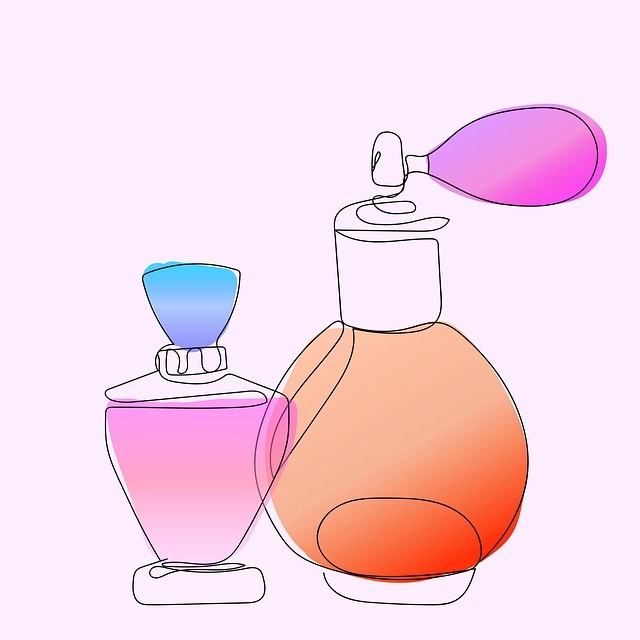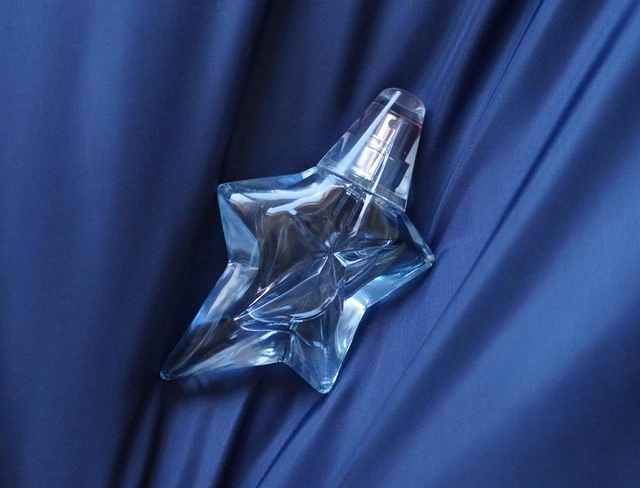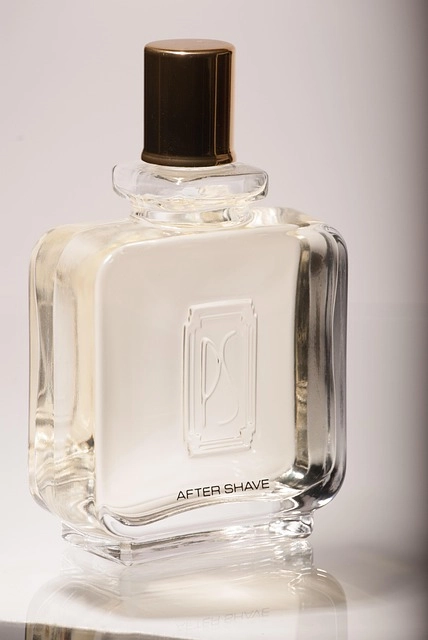Chanel Perfume formulations blend alcohol and oil for unique scent profiles. Alcohol acts as a solvent, prolonging duration, while oil adds depth. This fusion is evident in colognes like Chanel No. 5, offering vibrant aromas. Each perfume tells a story through complex notes, evoking emotions. Chanel's diverse portfolio caters to preferences, from crisp alcohol-based scents to rich oil infusions. The brand's innovative use of synthetic fragrances in the 20th century revolutionized perfumery, establishing them as a game-changer.
“Unveiling the secrets behind Chanel Perfume: A deep dive into its formulation is essential for any fragrance enthusiast. This article explores the age-old debate—is Chanel’s signature scent alcohol or oil based? We navigate through history, science, and scent delivery to understand why these base choices matter. From ancient perfumery traditions to modern-day formulations, discover the art behind Chanel’s success and how it shapes the experience of one of the world’s most iconic fragrances.”
- Understanding Chanel Perfume Formulations
- Alcohol vs Oil: The Base Battle
- Historical Perspective on Chanel's Choices
- Scent Delivery: How It Affects Performance
- Exploring Chanel's Secret Ingredient Combinations
Understanding Chanel Perfume Formulations

When discussing Chanel Perfume formulations, it’s crucial to understand that the house of Chanel is renowned for its meticulous craftsmanship and use of high-quality ingredients. Unlike some perfumery houses that focus on either alcohol or oil-based formulas, Chanel expertly blends both. Alcohol serves as a solvent, enhancing the fragrance notes by allowing them to evaporate more slowly, ensuring the scent lingers on the skin. Oil, on the other hand, adds depth and richness to the composition, capturing the essence of various floral, woody, or citrus scents.
This unique fusion is particularly evident in Chanel’s iconic Chanel Cologne collections. The balance between alcohol and oil not only creates a vibrant, lasting aroma but also underscores the brand’s commitment to artistic expression through scent. This meticulous approach ensures that each Chanel Perfume tells a story, evoking emotions and memories through its complex, yet harmonious notes.
Alcohol vs Oil: The Base Battle

When it comes to perfumes, one of the most debated topics among enthusiasts is the base: alcohol or oil? This age-old battle has been a point of interest for many, especially when considering iconic brands like Chanel. Known for their exquisite fragrances, Chanel offers both alcohol and oil-based perfumes in their extensive portfolio, such as the renowned Chanel No. 5 and various scents from their Chanel Cologne collection.
Alcohol-based perfumes are characterized by their light, fresh scent delivery, allowing for a crisp and immediate olfactory experience. This base is often preferred for its quick absorption and ability to enhance the overall fragrance notes. On the other hand, oil-based perfumes offer a richer, deeper scent that lingers longer on the skin, creating a more intense and lasting impression. The debate truly comes down to personal preference and the desired olfactory journey one seeks from their chosen fragrance, whether it’s the elegant dance of alcohol or the sensual embrace of oil.
Historical Perspective on Chanel's Choices

The historical perspective offers fascinating insights into Chanel’s choices when creating their iconic perfumes. In the early 20th century, the brand’s founder, Coco Chanel, revolutionized the perfume industry by introducing a new approach to scent creation. Traditional perfumery often relied heavily on natural ingredients derived from flowers, fruits, and spices, but Chanel took a different path. She believed in the power of synthetic fragrances, which allowed for greater control over the scent composition. This shift marked a significant departure from the oil-based formulas prevalent at the time, paving the way for more modern and innovative perfume creation.
By embracing artificial ingredients, Chanel could craft scents that were not only unique but also long-lasting. This decision was further influenced by the desire to create fragrances that could withstand the test of time and travel well. The brand’s signature perfumes, like Chanel No. 5, became renowned for their elegant, sophisticated aroma, capturing the essence of modern femininity. This historical perspective highlights Chanel’s forward-thinking approach, making them a game-changer in the realm of perfumery, especially when considering the enduring popularity of their colognes and perfumes.
Scent Delivery: How It Affects Performance

The method of scent delivery in a fragrance plays a significant role in its overall performance, especially when comparing alcohol-based and oil-based formulas. Alcohol, often used in Chanel perfumes, is known for its rapid evaporation rate, allowing scents to unfold quickly and provide an initial burst of aroma. This can result in a more intense and immediate perception of the fragrance, making it ideal for those who prefer a bold and captivating scent. On the other hand, oil-based formulas, like those found in Chanel colognes, offer a slower release, allowing the top notes to evolve gradually over time. This gradual unveiling ensures that each layer of the fragrance is experienced sequentially, creating a complex and nuanced olfactory journey.
When it comes to Chanel Perfume, the alcohol base contributes to its reputation for creating scents that are both memorable and long-lasting. The swift delivery of aromas enables the perfume to leave a lasting impression, while the oil-infused approaches in Chanel Cologne cater to those seeking a more subtle yet intricate fragrance experience, where the scent develops and reveals its depth over an extended period.
Exploring Chanel's Secret Ingredient Combinations

When exploring the intricate world of fragrances, particularly those from luxury brands like Chanel, one intriguing aspect is the study of their secret ingredient combinations. Chanel Perfume has long been renowned for its exquisite craftsmanship and unique approaches to scent creation. The brand’s perfumers meticulously blend essential oils, synthetic compounds, and other aromatic elements to craft scents that are both complex and captivating.
Chanel Cologne, while a popular term, is just one facet of their extensive collection. By combining alcohol-based extracts with carefully selected natural oils, Chanel creates fragrances that offer exceptional longevity and projection. This balance ensures that the scent unfolds in layers, revealing its depth and complexity as it evolves on the skin. Such meticulous craftsmanship sets Chanel apart, making their perfumes true works of art that capture the essence of modern elegance and sophistication.


